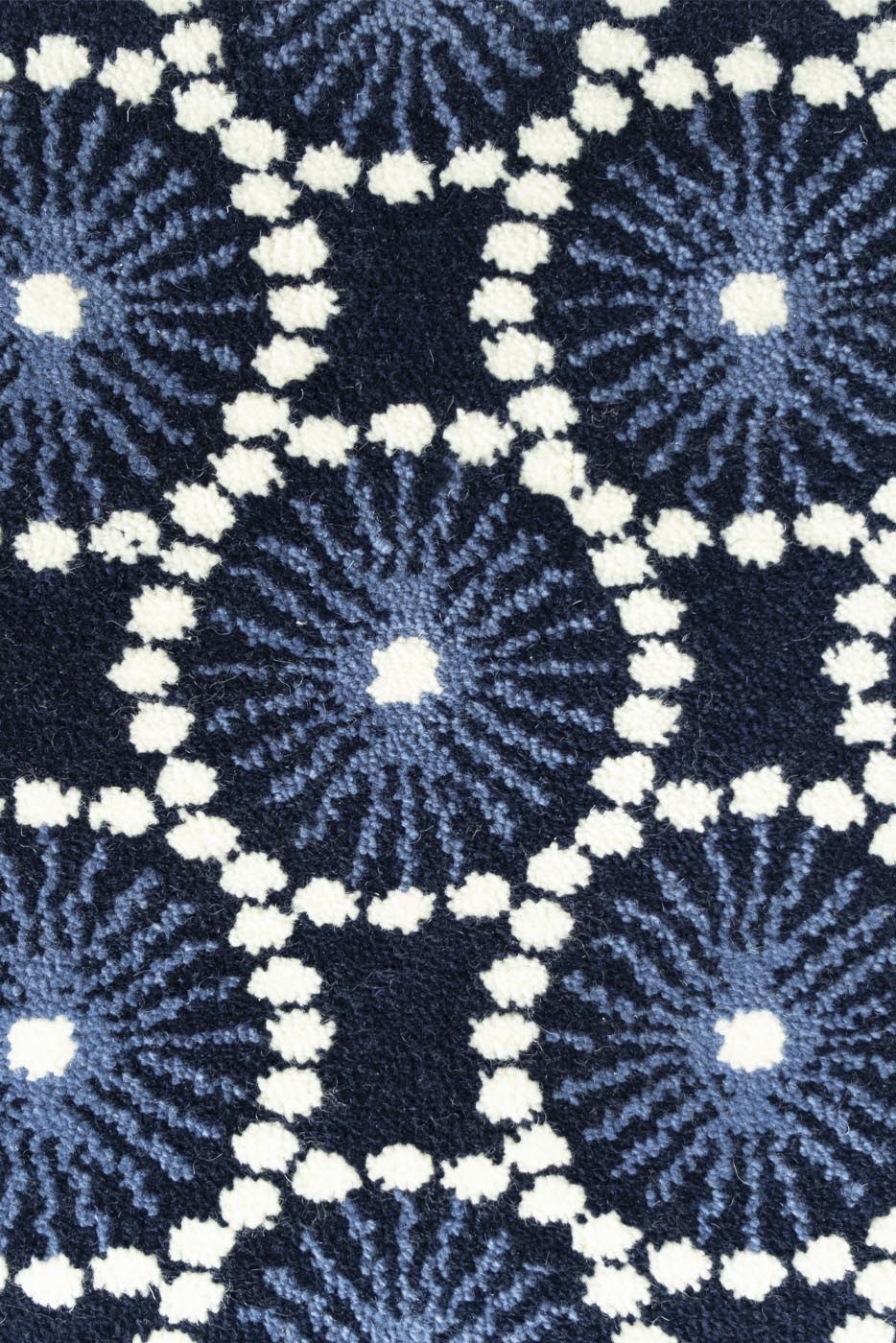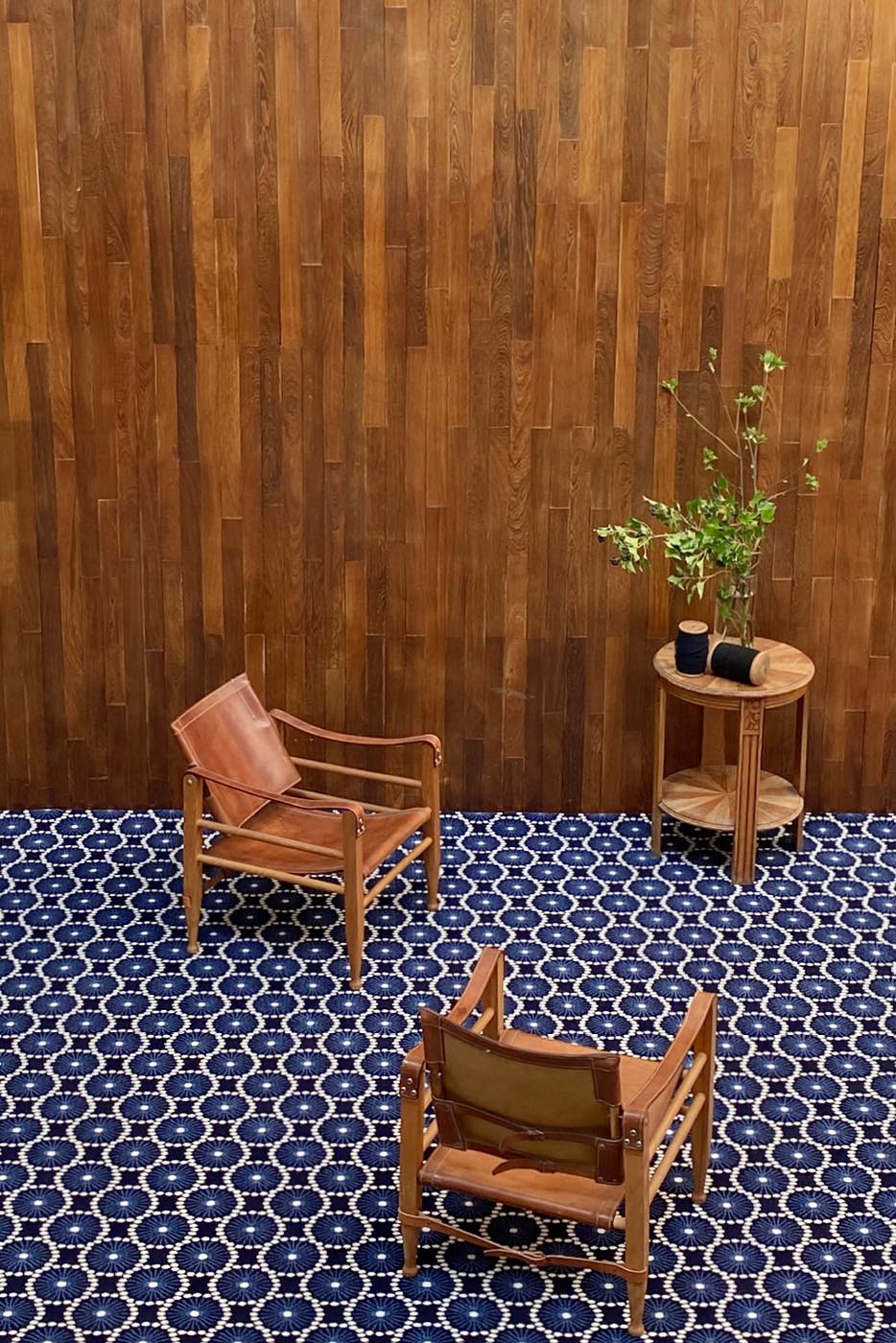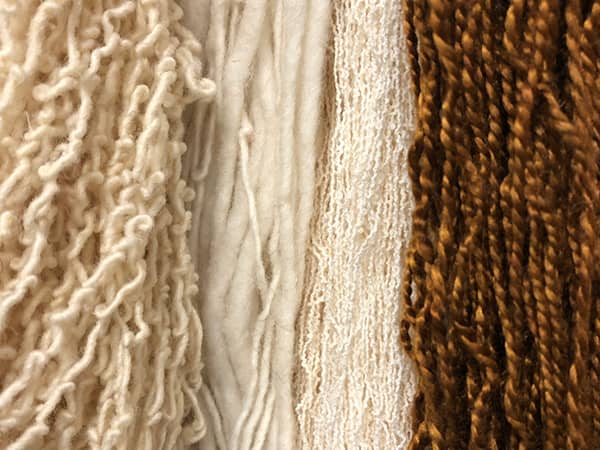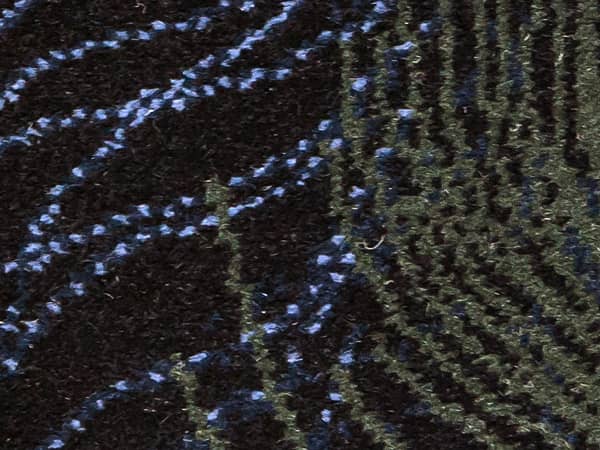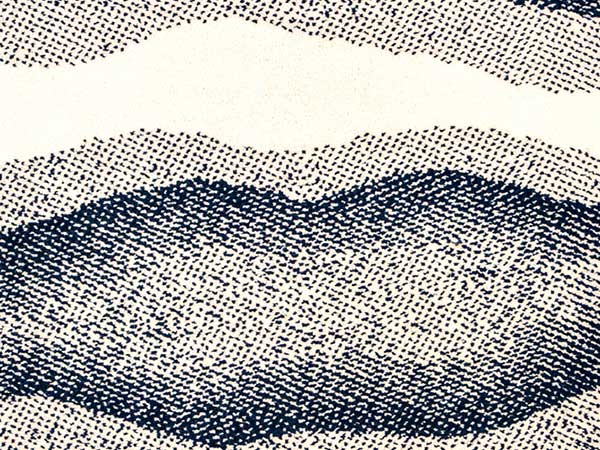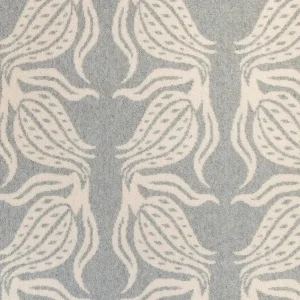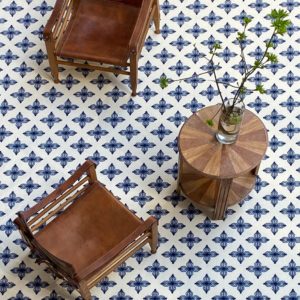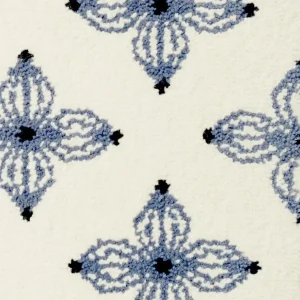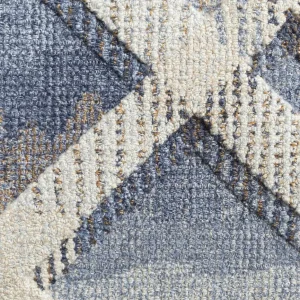Leda
284,00€
by Pinton
HAUTE COUTURE & PRÊT À PORTER
MATERIALS Wool, Polyamide
TECHNIQUE Axminster
SIZE a choice
PRICE ON REQUEST. CONTACT US.描述
wool
Wool is an animal fibre, most often derived from sheep fleece. Wool was already being spun as early as 5,000 BC. In Roman times, wool, leather and linen were the main materials used to make clothes. With the progressive development of mechanical processes and the evolution of breeding techniques, wool became the economic lung of several countries in the Xth century, and again in the XIIth. Renowned for its thermal and sound insulation properties, wool also offers the advantage of absorbing moisture. It is a noble and timeless material, used from time immemorial for its strength and durability. PINTON uses local wool with shorter carded fibres, which make it fluffier and give it more volume, or a specific type of wool from New-Zealand with long combed fibres that are more resistant to heavy traffic. Both types of wool are spun (carded or combed) and dyed in the spinning plant located in Felletin. Whether they are made in 100% pure virgin wool or blended with other materials like linen, silk, bamboo, leather or many others, PINTON wool rugs and carpets bring comfort and quality.
polyamide
The polyamide used in the textile industry is better known as nylon. Nylon was first developed in 1935 by employees of the Dupont de Nemours company. The origins of the name are shrouded in mystery: for some, it comes from the contraction of New-York and LONdon, for others it is made up of the initials of the surnames of the inventors’ wives. It is also said to derive from no run, meaning that it doesn’t ladder. Nylon is produced through a staged polymerisation process. The polymer is melted before being spun. Stretched into extremely thin filaments, the fibre becomes very resistant when dry. Nylon rose to fame in the United States and in Europe with nylon stockings, highly praised for their resistance, flexibility and stretchability! Last but not least, this fibre has yet another quality: it is waterproof and dries rapidly. Because of these exceptional properties, PINTON combines nylon with wool in its staircase rugs and carpets to make their pile more robust, allowing them to withstand heavy traffic while maintaining a natural, high quality, comfortable finish.
Pinton
While the history of PINTON is punctuated with fruitful collaborations and fascinating encounters, it is also marked by the wealth of talents in its midst. For over a decade, a team of 4 creatives coming from diverse backgrounds devote their time to designing rugs and carpets for the PINTON manufactory. Driven by shared curiosity, constant research and dialogue, the team is continually enriching the firm’s collections with new patterns or designs, combinations of materials and colours, as well colour variations. Capturing trends, listening to customers’ wishes, in direct connection with the company’s history and located under the same roof as the craftspeople and the workshops, at the crossroad of the creative and production processes, the PINTON team of designers are at the heart of the business.
axminster
Axminster uses an industrial weaving technique, named after the small English town where it was developed. This process only allows for cut pile carpets, with a smooth surface and a very soft appearance. Axminster carpets come in different pile weights per square meter, which adds to the quality of this high end weave. A large number of patterns can also be created by incorporating coloured threads that have been pre-cut to the desired pile thickness. These thread are stitched at the same time as the backing or dossier (reverse) of the carpet is woven on the loom. Patterns may be woven with 12, or even up to 16, different colours. Axminster carpets are made of 100% wool or a wool and polyamide blend. Ideally they will be stretched over a felt or rubber underlay, glued to a rubber underlay or, of course, laid loose. For laying in a staircase, please contact the PINTON team for information.
A well-maintained carpet is hoovered very regularly, shampooed periodically and deep cleaned by injection/extraction at least once a year, depending on its use.

